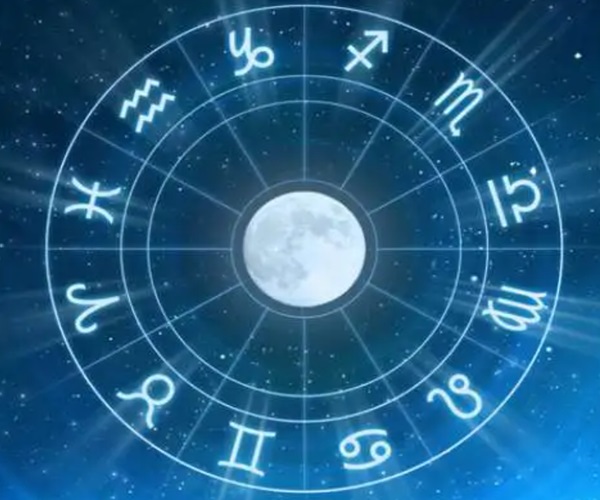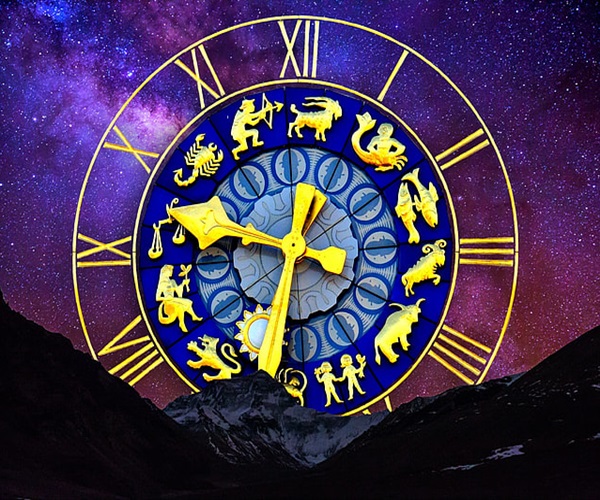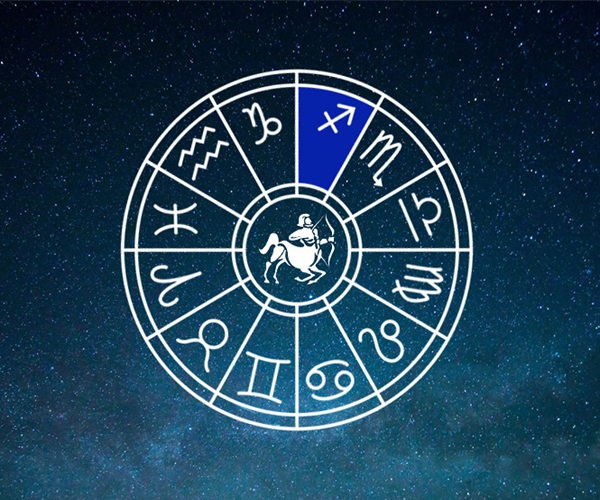History of India’s relationship with Russia
India and Russia's diplomatic relations are started from April 1947, just a short period before India gained independence. During that time, India was looking forward to achieve economic independence and self-sufficiency. The Soviet Union became a reliable and trusted partner of India in developing India's critical industries such as energy, steel production, and mining. India got inspired from Soviet Union's five-year economic plans.
India has a deep-rooted historical connection with Russia, specifically among older policy elites, due to Soviet Union’s support during critical times. Soviet Union backed India during the Cold War. During the 1971 India-Pakistan war Soviet Union supported India, But US and China supported Pakistan. This period enhanced the bonding, friendship, cooperation, and relationships between India and Soviet Union.
Earlier, the Soviet Union played a crucial role during 1965 war. Soviet Union acted as mediator during this 1965 India-Pakistan war, which leads to the Tashkent summit in 1966 and this ultimately resulted in a peace agreement. Additionally, in between 1957 and 1971, the USSR frequently used its UN Security veto in India’s favor, this often related to matters about Kashmir and India's military intervention in State of Goa. During this period, Indian prime ministers frequently used to visit Moscow.
Post-Cold War Relations Between India and Russia
Even after the era of Cold War India-Russia relationship has continued, and it was marked by annual summits since 2000 and established a strategic partnership between both the countries, which was later upgraded in the year of 2010. In 2021, both the nations started Joint foreign and defence ministerial meetings, which was also known as “2+2” dialogues. Indian External Affairs Minister Subrahmanyam Jaishankar has said that India and Russia partnership is a constant in global politics for over 50 years.
Current Relations

Currently India continues to view Russia as a crucial strategic partner for both ideological and practical reasons:
1. Energy Cooperation: India is a major importer of Russian crude oil in discounted prices. By mid-2024 over 40% of India’s crude oil is from Russia, up from less than 2 percent before the beginning of Ukraine war. Indian companies also export refined Russian oil and other Russian oil products to Western markets. This has benefited in a great way to Indian companies.
Apart from this since from the historical ties, nuclear energy cooperation remains significant between India-Russia. When India conducted its first nuclear test during the year 1974, the Soviet Union cooperated India. But US did not supported India during this nuclear test. Russia has also effectively navigated India’s law on civil nuclear liability and recently made an agreement to build six nuclear power plants in Tamil Nadu, India.
2. Defense Collaboration: India imports over 50% of its military equipment’s from Russia. India is the largest importer of Russian arms, including systems like the S-400 missile defense system. Russia always offers arms in affordable prices and also offers sensitive technologies without restrictions. This solidifies Russia’s role as a preferred supplier of arms. Joint arms manufacturing such as BrahMos supersonic cruise missile, have started its exports, and this begins with the Philippines.
3. Trade and Connectivity: Both countries have a goal to boost bilateral trade from $68 billion to $100 billion by the end of this decade. This also includes crucial connectivity initiatives such as the Chennai-Vladivostok maritime corridor and the International North-South Transport Corridor.
Indian Prime Minister Narendra Modi and Russian President Vladimir Putin are regularly interacting to enhance the co-operation and friendship between both countries. Except the beginning of Ukraine war, both of these leaders had about 17 meetings in the last decade and also ongoing annual summits since 2000.
India’s Stand on Russia’s War in Ukraine

India took a neutral stand on it conflict with Ukraine. India has not condemned Russia’s actions against Ukraine, but it has expressed its displeasure over the war. Prime Minister Narendra Modi said that, this is “not an era of war” and he said he was very shocked and sad by seeing the direction in which war is going on, such as the bombing of a children’s hospital in July 2024. During his visit to Ukraine in August 2024, Narendra Modi clarified that India always supports peace, but stopped short of condemning Russia’s actions of starting a war against Ukraine.
India’s actions indicate that it’s taking a neutral stance about Russia-Ukraine war. India refused to criticize and vote against Russia during UN meetings, also it declined to endorse a peace conference joint communications in Switzerland. India also omitted mentions of Russia’s actions of starting a war against Ukraine in the G20 leaders declaration under its presidency.
India is interested in balancing its strategic ties with Russia and also with other global leading countries such as US, and India always prioritise its national interests over taking sides of specific countries.



























